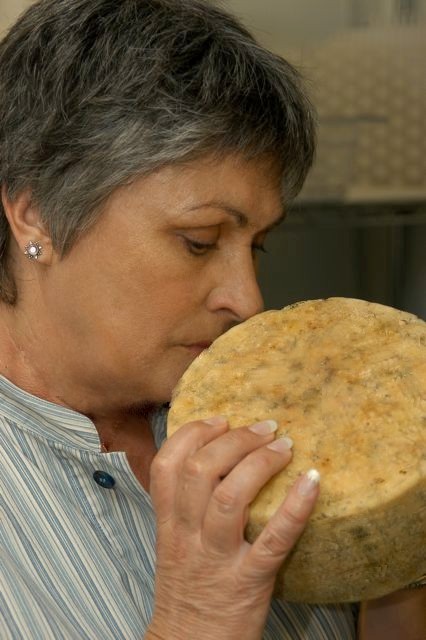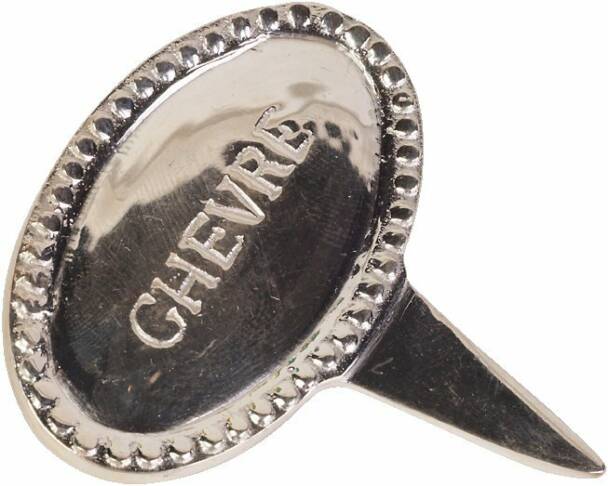





Terroir-(French pronunciation: [tehr-WAHR]; Spanish: terruño, pago) was originally a French term in wine, coffee and tea used to denote the special characteristics that geography bestowed upon particular varieties. Agricultural sites in the same region share similar soil, weather conditions, and farming techniques, which all contribute to the unique qualities of the crop. It can be very loosely translated as "a sense of place," which is embodied in certain characteristic qualities, the sum of the effects that the local environment has had on the manufacture of the product. Terroir is often italicized in English writing to show that it is a French loanword. The concept of terroir is at the base of the French wine Appellation d'origine contrôlée (AOC) system that has been the model for appellation and wine laws across the globe. At its core is the assumption that the land from which the grapes are grown imparts a unique quality that is specific to that region. The amount of influence and the scope that falls under the description of terroir has been a controversial topic in the wine industry.--According to Wikipedia, the free online encyclopedia
UNDERSTANDING TERROIR
Très Belle Chèvre
Goat Dairy & Fromagerie

Terroir literally means 'soil' or 'earth', and generally referrs to all the physical and environmental characteristics in and around a particular agricultural site.These include climate, soil composition, geographical location as well as slope, and aspect of slope.
Elements of Terroir
Some of the components traditionally associated with terroir include:
Climate- A region associated with certain prevailing weather conditions and how these conditions affect flora & fauna, life and activities .
Soil type-The surface layer of earth that supports plant growth. and how the elements of the soil relates to flora and fauna.
Topography -Topography refers to the natural landscape and surface features of a place and how these features affects and interacts with .
Human influence--Elements that are controlled or influenced by human decisions.
The French crystallized
the conept of terroir as a way of describing the unique aspects of a place and how terroir influences a product.They developed a concept of different regions having the potential to create a very different product. Be it a distinct wine or a unique cheese, even when made from the same grapes or animal milk..

Terroir is the soil, the climate, the ancient breeds and cheesemaking traditions. It is both culture and environment. Together, they influence the taste and character of cheeses from that region.
In France the PDO (Appellation d’Origine Controllée) designation certifies and promotes the unique qualities of their regional terroir.

Terroir has been refered to as "the soul of the cultivator, as well as the collective cultural know-how behind agricultural products associated with a place that help to constitute its tradition."
Cheesemakers claim that the particular material conditions on their farms--climate, fodder and so forth--create cheeses that "could not be replicated elsewhere
A dictionary will simply translate the word "terroir" as "land". What is not as well know is the set of ideas and beliefs associated with this word, or what is meant when the French speak of the terroir of a wine, cheese, food or even a recipe. In fact, although terroir is most commonly associated with wine and food, it can be associated with anything, even traditional clothing or furniture.

Terroir and the Senses
Terroir is not a viable entity that can be held or touched. It is about feelings and emotions. Terroir can inspire the heart and the mind. It can bring back sensory memories long thought forgotten. It can take us back to a specific instance and moment in time. Terroir can inspire the imagination and transport you to a place you remember or to somewhere you’ve never been.The simple act of sampling a wine or tasting an artisinal cheese can trigger memories of fresh cut hay, the smell of spring blossoms a summer day at the beach .......... Suddenly, all is right with the world.


